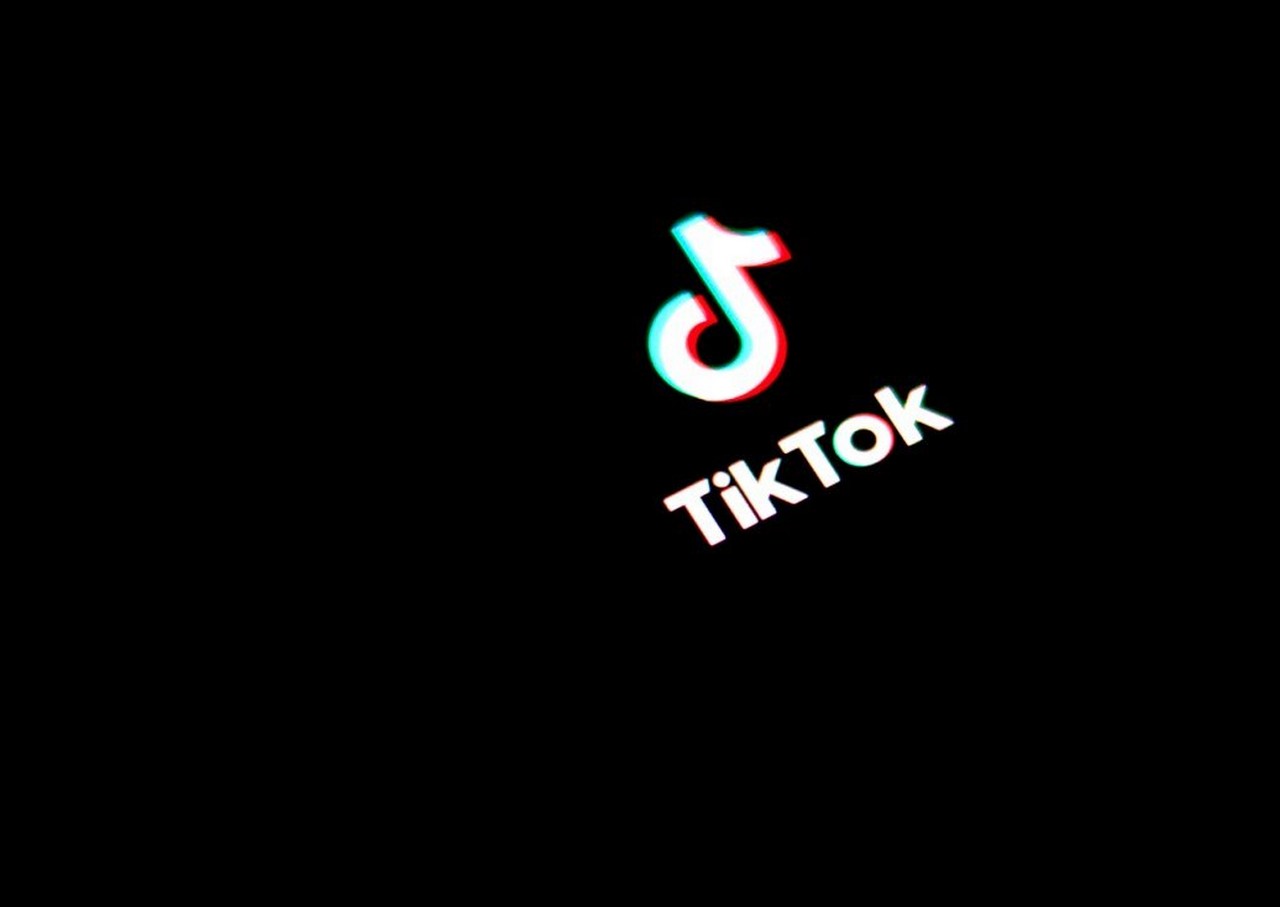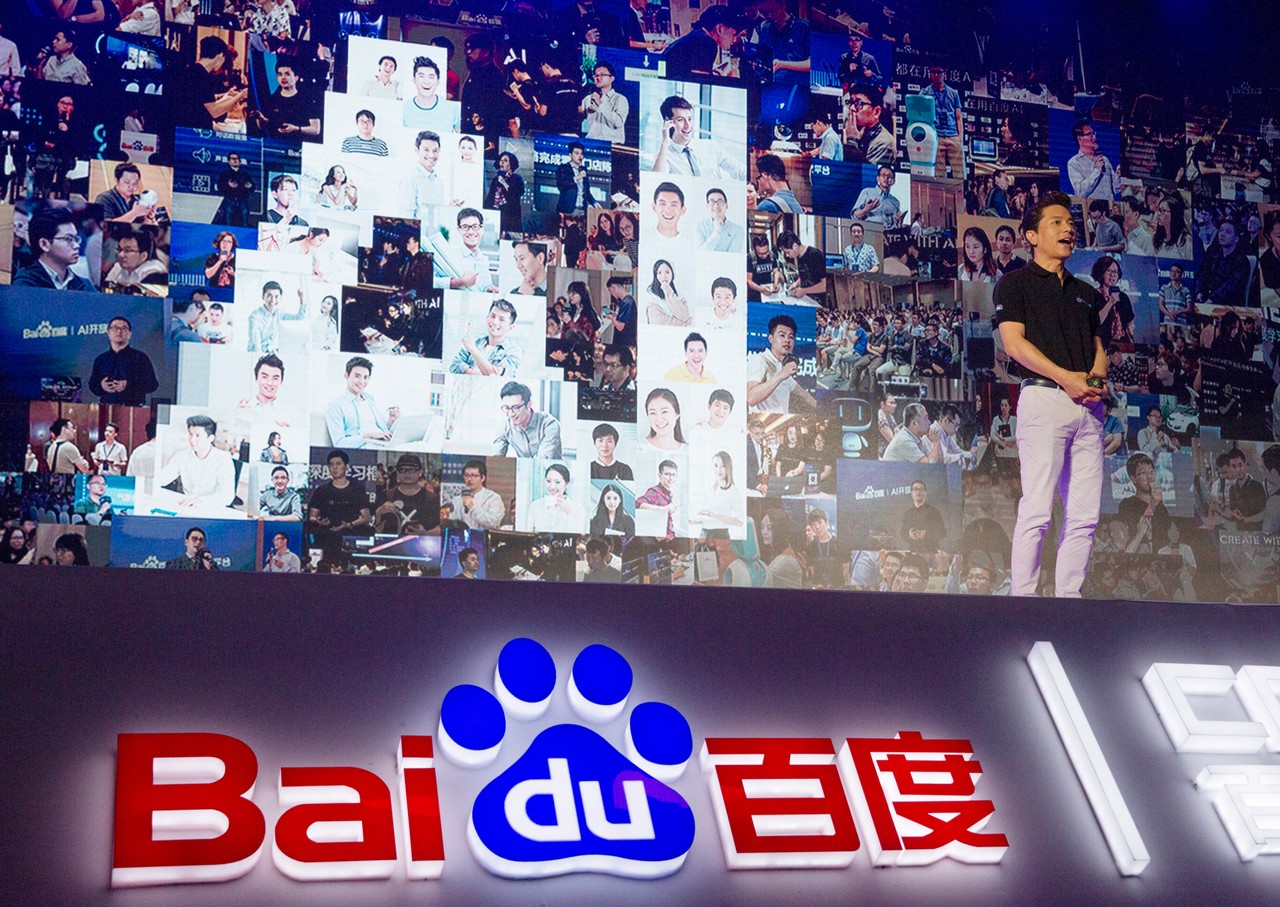U.S. Senate Intelligence Committee Chairman Mark Warner plans to introduce a invoice this week that can permit the U.S. to ban Chinese language know-how, together with fashionable social media platform TikTok.
Warner informed Fox Information that he’s working with Sen. John Thune, a Republican from South Dakota, on a invoice that can give the U.S. energy to ban or prohibit international know-how the place needed. The concern, Warner says, is that TikTok is usually a propaganda software.
The information follows an announcement from the White Home final week, which informed federal companies that that they had 30 days to delete the app from authorities gadgets. Canada and the manager arm of the European Union additionally just lately banned the app from official gadgets.
With all the thrill round banning TikTok, many questions have arisen over information privateness and what’s subsequent for the favored social media app.
Under, Northeastern consultants reply a number of the most urgent questions:
Why is Congress proposing laws to ban TikTok?
“So what makes TikTok distinctive?” questioned John Wihbey, an affiliate professor of media innovation and know-how within the Faculty of Arts, Media and Design at Northeastern.
If something, it’s as a result of it’s a Chinese language firm topic to the legislation in China, which permits entry to customers’ info. However nothing is stopping the Chinese language Communist Social gathering from acquiring information from People from the open market.
TikTok is on the middle of concern as a consequence of nationwide safety considerations and panics over the growing prominence of China, says Meryl Alper, an affiliate professor of communications research at Northeastern.
“I’ve seen the concentrate on TikTok known as a digital Purple Scare,” Alper says.
There are lots of experiences, together with Federal Commerce Fee lawsuits and others, exhibiting firms gathering information about people after which promoting it for pennies per particular person to others, together with bounty hunters or firms doing background checks, says David Choffness, the manager director and founding member of the Cybersecurity and Privateness Institute at Northeastern.
What can be regarding is that if the Chinese language Communist Social gathering stated the algorithm wants to alter to unfold propaganda deliberately.
“That is not outdoors the realm of risk,” Wilson says.
What is occurring with bans contained in the U.S.?
These with federal government-issued gadgets are on a deadline to delete the app from their cellphone. The White Home already doesn’t permit the app on its gadgets.
Suppose the federal authorities or a state college needs to ban TikTok on state-owned gadgets. In that case, that’s wonderful, says Choffness. Nevertheless, it begs why the federal government is not banning different apps, comparable to Strava or Map My Run, which exhibits customers’ geolocations on army bases.
There is not something elementary that TikTok is doing that’s objectively worse than some other app, Choffnes says.
“Why aren’t we treating these as the identical safety danger once they’ve already been identified to have form of direct harms to U.S. safety?” Choffnes says.
How can the federal government ban the app, and in the event that they do, can you continue to entry it?
The implementation of the ban issues, says Christo Wilson, an affiliate professor on the Khoury Faculty of Laptop Sciences at Northeastern and a founding member of the college’s Cybersecurity and Privateness Institute. There is not any good resolution, he says.
Wilson says one choice is to inform the app retailer to delist the TikTok app. However, it can additionally not work as a result of it does not forestall customers from downloading the TikTok app from the web.
An alternative choice can be to go to the web companies suppliers like Verizon, AT&T and Comcast, and ask them to dam site visitors to TikTok.
“That is additionally deeply troubling,” Wilson says. “That is a complete totally different avenue for presidency censorship. You are not enlisting all of the (web service suppliers) to develop into a part of a censorship equipment. That is what the web seems like in China.”
“We do not have that right here,” Wilson says. “However in case you are actually critical about banning TikTok, that is how you would need to do it—develop into the factor we hate.”
What’s the response of TikTok and different social media platforms?
TikTok’s business success within the U.S. is impeding native social media large’s promoting {dollars}, with Meta Platforms Inc. and Alphabet Inc.”s YouTube growing short-video companies in response to the app’s recognition.
“The product is superior,” Wihbey says. “It is tremendous compelling. It is a lot extra partaking than just about some other platform.”
Nevertheless, TikTok proprietor ByteDance is distancing the service from its China roots, together with internet hosting consumer information in Singapore. Threats of a ban on the app have lingered for years within the U.S. Former President Donald Trump practically pressured the sale of TikTok’s U.S. operations to Microsoft Corp. and Oracle Corp earlier than his time period expired.
There is a “enormous” quantity of world competitors within the info communications trade, says Wihbey. TikTok is the primary non-U.S. entry into this recreation.
However there are geopolitics and in addition industrial competitors dynamics which can be enjoying out, Wihbey says. TikTok has devoured up lots of promoting {dollars} that American firms wish to get again.
TikTok is complaining that they’re unfairly focused as a result of they’re mining and harvesting information, similar to different social media apps do as a part of their enterprise mannequin.
What information are TikTok and different social media apps gathering on you now?
When visiting the privateness insurance policies of TikTok and different social media apps, it’s obvious that the businesses are gathering as a lot information as doable from the customers. Examples embrace the whole lot you add to the app, together with your title, age, e-mail tackle and inside messages, and prolong to sharing your contacts in your cellphone, geolocation and even your monetary info.
The businesses use the information to personalize the feed, Wilson says. Alternatively, firms are additionally utilizing it for promoting. The businesses have trackers on the net, to allow them to see what customers are doing even when they don’t seem to be on the app.
“That is then being merged with what you do on TikTok, which is creepy,” Wilson says.
Must you be involved about your information privateness?
“I fear about what’s occurring behind the scenes,” Wihbey says.
The app “unwittingly” has customers share all of their contacts and requires them to share their I.P. tackle and placement by default, he says.
Wihbey is very involved about individuals working in delicate or fascinating industries comparable to protection, tech, or a spot with lots of mental property. For instance, China is thought for stealing a colossal quantity of mental property from america, Wihbey says.
There’s potential for governments to assemble delicate details about individuals with a wealthy profile, together with who they’re, who they know, what they do, and the place they’re.
“And that might be exploited,” he says.
The opposite concern is that the extra you recognize about somebody, the better it’s to hack something they’re doing, Wihbey says, whether or not that is an e-mail account or passwords and usernames.
“I believe individuals are rightly involved,” Wihbey says. “It is unclear to me how totally different TikTok is versus different (social media apps or] what Meta does by way of attempting to get plenty of information.”
What makes TikTok totally different from different social media apps like Fb, is that the “For You” feed is full of movies of followers you have no idea or comply with, Alper says. It’s totally primarily based on an algorithm the corporate produced on that consumer.
Though it’s a novel strategy and a part of what makes TikTok so thrilling, “you by no means know what you are getting is predicated on,” Alper says. Or the place that information got here from.
What legal guidelines are defending your information now?
The FTC has clamped down on a number of of those firms for violating their phrases of service. For instance, Fb had a $5 billion wonderful for the Cambridge Analytical scandal, and Twitter can also be underneath a consent decree.
“There is a fairly excessive bar for what truly violates the legislation,” Wihbey says. “Whereas I believe on a typical sense degree, you be like, “Oh, truly, you should not be doing that with my information.'”
There are not any guidelines about how individuals average content material. Social media apps can do what they need underneath the CDA part 230.
Knowledge assortment, at the very least on the federal degree, you’ve got legal guidelines like COPPA stopping the information of individuals underneath the age of 13 from being collected. There’s HIPPA for well being data, however that does not apply to social media apps. The Digital Communications Privateness Act restricts authorities wiretaps on phone calls and digital alerts. The Federal Commerce Fee Act empowers the FTC to go after apps or web sites that violate its privateness coverage.
However, assuming the coverage is truthful, these firms are within the clear.
“That provides you carte blanche to do no matter you need,” Wilson says.
What are some potential options?
On the naked minimal, Wilson needs to see rules much like the California Privateness Rights Act. It does a few staple items: giving customers the flexibility to choose out of information assortment for advertisers, the proper to request the information the corporate is gathering, and the proper to delete it.
Nevertheless, the implementation of this legislation might be quicker and extra balanced, Wilson says.
Just a few states have this legislation, however on the federal degree, there is not a lot.
Extra sturdy insurance policies might be stronger protections for kids as much as age 18. Or as an alternative of an opt-out system, there may be an opt-in system, which the European nations have enacted.
There additionally might be stronger legal guidelines round information assortment, from not permitting apps to entry geolocation and for holding delicate information or solely utilizing information that advantages the corporate and that they can not promote it.
Nevertheless, lobbying is intense, Wilson says. Because of this, there’s a predisposition to not regulate and lots of reluctance to intervene within the free market.
“There’s not practically sufficient enforcement,” Wilson says.
Supplied by
Northeastern College
Quotation:
‘Digital Purple Scare’ or Chinese language propaganda software? As legislators push to ban TikTok, customers marvel what is going to occur (2023, March 8)
retrieved 22 March 2023
from https://techxplore.com/information/2023-03-digital-red-chinese-propaganda-tool.html
This doc is topic to copyright. Other than any truthful dealing for the aim of personal research or analysis, no
half could also be reproduced with out the written permission. The content material is offered for info functions solely.







